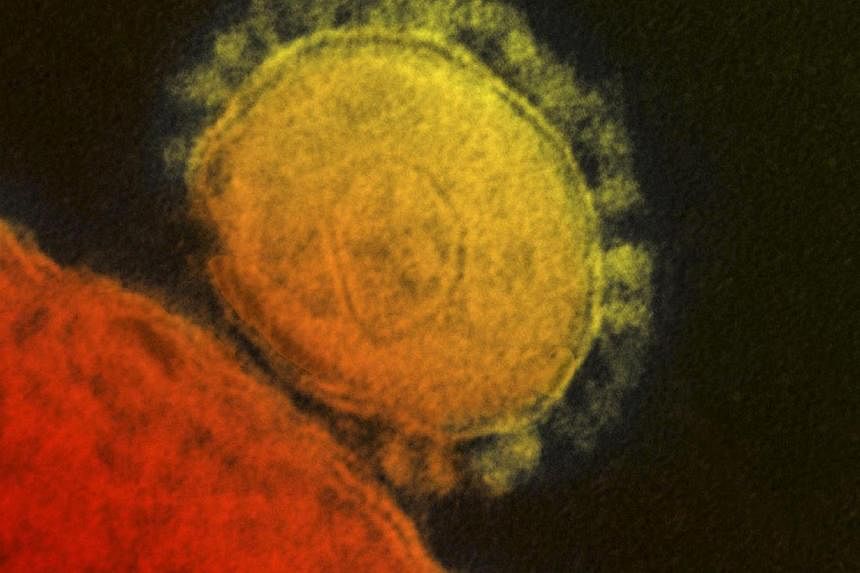It could simply be a matter of time before Singapore gets its first case of Mers.
"Being an air travel hub, there is always the risk that eventually we will also report a case," said Dr Jeffery Cutter, director of the Health Ministry's communicable diseases division.
Already 18 countries have registered at least one patient with the Middle East respiratory syndrome (Mers), although the Middle East remains the worst affected.
From today, air travellers arriving from hot spots Saudi Arabia and the United Arab Emirates, as well as other Mers-affected countries from the Gulf region will have their temperature screened.
But even if a case of Mers is detected in Singapore, the likelihood of a community outbreak is low, said Dr Cutter.
This is because sustained transmission of the disease - when a person passes the virus to those beyond his immediate circle - has not been observed.
Instead the spread of Mers overseas has been concentrated in hospitals, unlike the severe acute respiratory syndrome (Sars) outbreak here in 2003, which spread mainly in the community.
That is why local hospitals have been urged to "stay vigilant". They have already put in place plans to deal with patients suspected of carrying the virus.
At Tan Tock Seng Hospital (TTSH) and the Singapore General Hospital, for instance, all emergency department patients will be screened and put in isolation rooms if they are suspected to have the virus.
TTSH is one of the first places air travellers will be transferred to if they are suspected to have Mers. It also has plans to increase facilities for screening and admission "if and when the number of suspected patients increases", said a hospital spokesman.
In the event of a confirmed Mers case here, contact tracing will be carried out by the Ministry of Health (MOH). Those identified will be quarantined for 14 days, which is how long the virus takes to incubate.
While younger people were more susceptible to the Sars virus, Mers seems to target older people with chronic diseases. However, experts say too little is known about the disease to come to firm conclusions.
"It's not that there's not enough work being done, but it takes time for all this to be fully understood," infectious disease expert Ng Oon Tek of TTSH said.
Laboratories in Singapore are able to effectively test for the disease. This means confirmed cases can be detected quickly.
"When Sars emerged in 2003, we knew a lot less about the virus initially," said Associate Professor Benjamin Ong, director of medical services at MOH. At the time, he recalled, suspected cases were identified based on symptoms such as fever.
"But because fever is relatively non-specific, it also meant that we ended up with a lot of noise that we had to screen through."
Whether precautionary measures are stepped up will depend on the Mers situation abroad, Prof Ong added.
"The more we know, the more we will be able to calibrate our responses," he said. "Stepping up does involve a fair bit of resources and a little bit of inconvenience for people... so we have to make the decision carefully."


